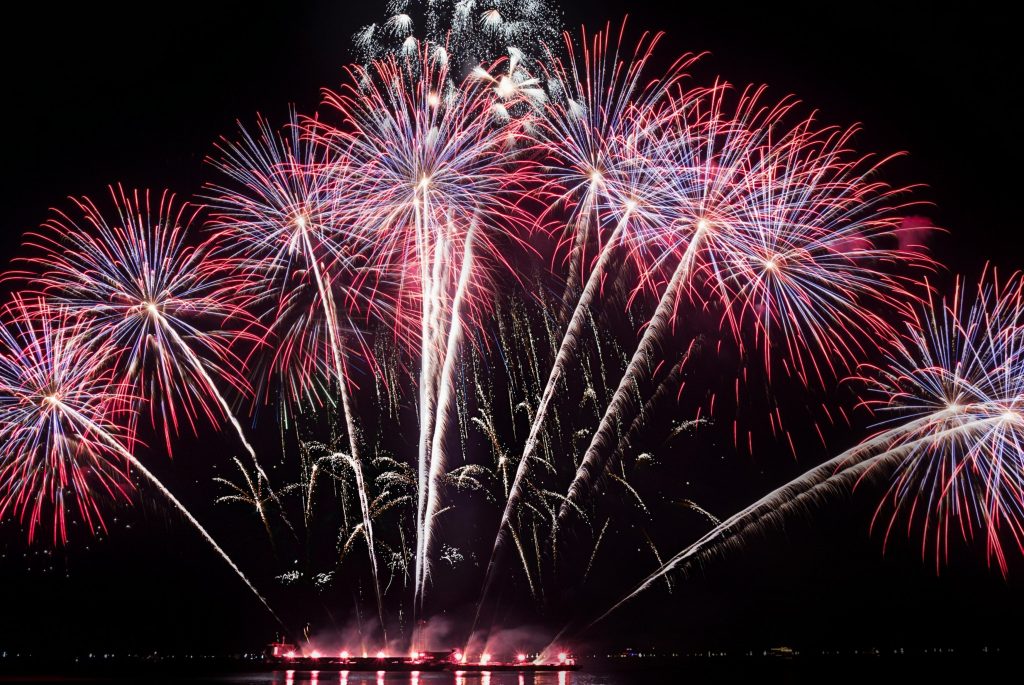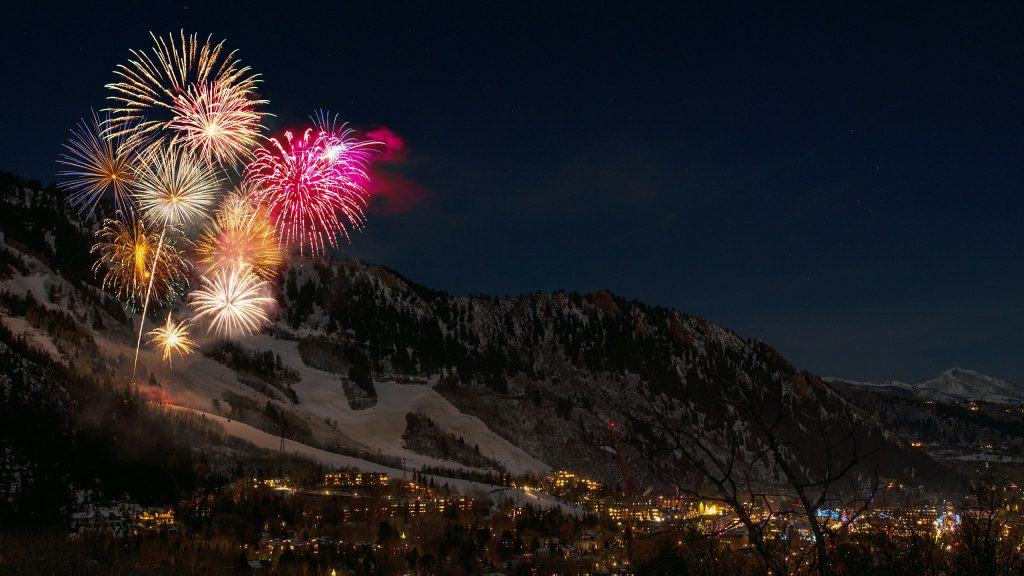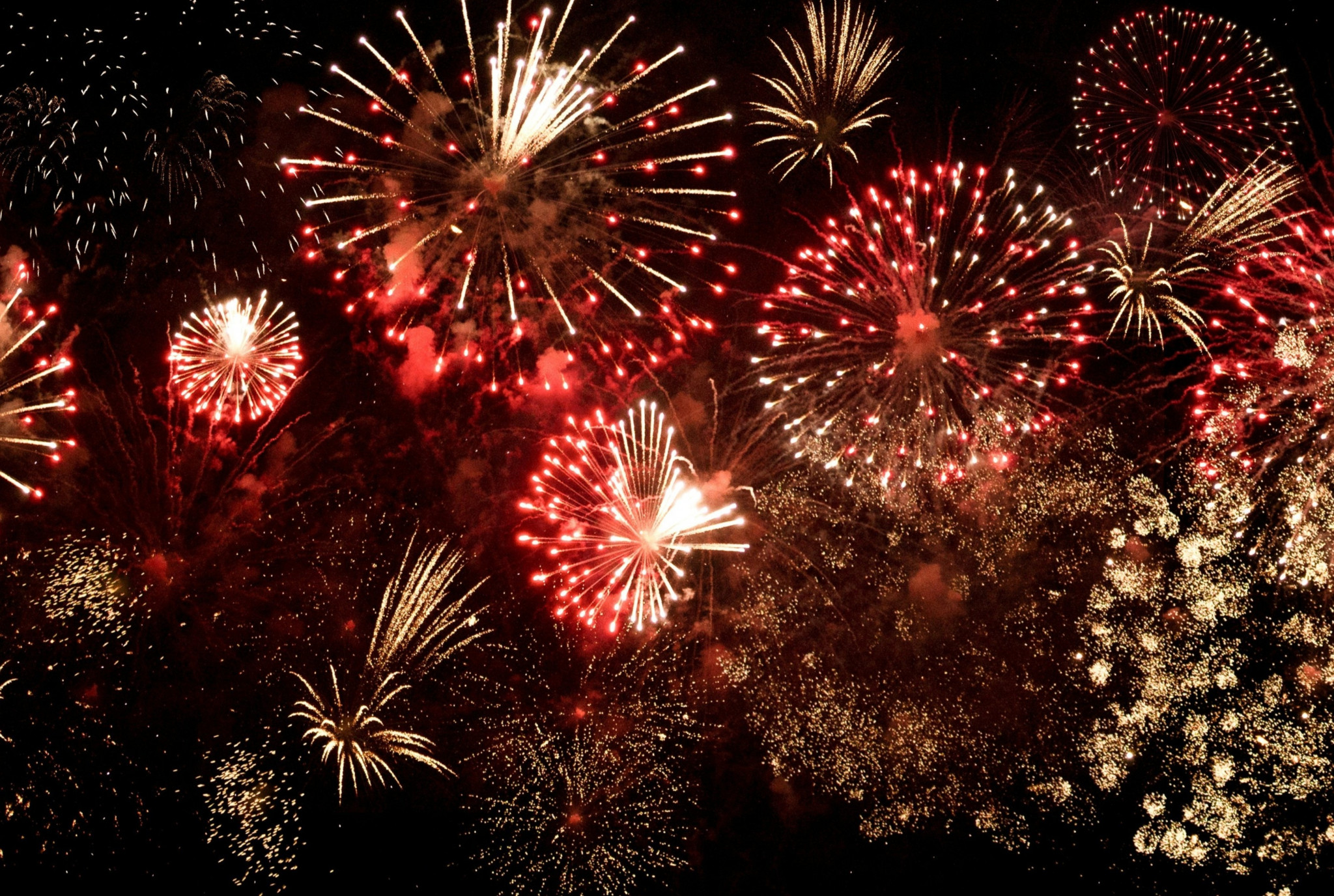Many years ago, a wise philosopher named Katy Perry once asked, ‘Do you ever feel like a plastic bag, drifting through the wind wanting to start again?’. This timeless question on existential aimlessness and the all-too-real desire for renewal is often asked around the colder seasons in Britian, where the cold weather and late nights often contribute to a yearning for the summer and an opportunity to wear shorts again. While fireworks bring the community together in times of darkness, symbolising excitement and awe; their environmental impact tells us a less exciting story.
Plastic bags aren’t the only thing drifting through the wind after a fireworks display: pollutants and debris which eventually make their way into our water systems are also invited to any get together involving fireworks. As we celebrate the timeless musings in Firework, perhaps it’s time to reconsider our celebrations – finding ways to let our light shine without darkening the planet in the process.
A Spark in History: The Invention and Intention of Fireworks
According to researchers Tenney L. Davis and Chao Yün-ts’ung, the history of fireworks is very uncertain. The pair found that pyrotechnic mixtures of saltpeter, sulfur and charcoal and other materials were invented in China and used for entertainment such as magic and military art, as well as used in exorcising demons. Eventually, knowledge of the materials reached Europe through trade routes established by The Byzantine Empire (which lasted from 330-1453). Fireworks are referenced in Greek writings during the 8th century and Latin European writings in the 13th century.
Fireworks originally rose to popularity due to their association with rituals and celebrations, eventually becoming more popular once they departed from being used strictly for religious purposes. Whilst the origins of popular fireworks such as the Catherine Wheel or Roman Candle are unknown, these fireworks are often used during national holidays across the globe! These include the United States’ Independence Day, France’s Bastille Day and Bonfire Night in the United Kingdom. Fireworks are also used during New Years Celebrations such as Chinese New Year and during religious festivals such as Diwali.
Behind the community spirit and the dazzling lights, fireworks can cause harm to us and our planet. Let’s explore what’s actually wrong with fireworks and why their sparkle comes at a serious cost.
Fireworks Are Bad for You

Whilst it is no secret that smoke inhalation is widely known to be harmful, the smoke from firework particles is even more dangerous. Sulfur dioxide, carbon dioxide and carbon monoxide, which are found in fireworks, are harmful to our lungs. Fireworks also contain harmful metals such as aluminum, manganese, cadmium and in the case of illegal fireworks, lead – which are released into the air during use. Inhaling these metals are extremely dangerous and can cause long-term damage or irritation to our lungs.
In addition to the physical impact of firework smoke inhalation; setting off fireworks often causes psychological harm to the most vulnerable members of our society: refugees and those who have served in the military, neurodivergent and physically disabled individuals as well as infants and the elderly. Setting off fireworks during a particularly lonely and difficult season for some people, especially those who are more vulnerable, does not foster the community spirit that fireworks displays often try to embody, and may heighten fears of loneliness or act as reminders for unpleasant experiences that individuals have survived.
Fireworks are Bad for Us
A study in 2015 focusing on the effect of fireworks on Independence Day in the U.S found that air pollution levels increased by an average of 42% during the festivities. It should come as no surprise that fireworks impact the quality of our air, as that is where they explode. However, our ignorance to the impact of the change in air quality is surprising. Air pollution has been shown to increase cases of chronic cough and other lung diseases. The study also highlighted that fireworks set off at home can be more dangerous as the smoke stays closer to where we live.
Engaging in fireworks displays also contributes to water contamination. The heavy metals and compounds used in traditional fireworks are toxic to humans and the environment, despite their dazzling beauty. Once the light display is over, the chemicals can be washed from the air by rainfall and accumulate in the groundwater or surface water, contaminating our drinking water supplies. Again, this is made no safer by doing them at home: personal fireworks can also pollute waterways if set off near water or if the debris enters storm drains.
Aside from their effect on humans, fireworks are terrible for our wild and domesticated fluffy friends. The loud noise can cause animals to suffer from psychological distress and physical injury, as they may attempt to escape from the loud noises. Care should be extended to non-domestic pets who may be more prone to injuring themselves. After the event, firework debris may also cause disturbances to the homes of wildlife and livestock. Whilst many are tempted to soothe their furry companions through medication, the use of drugs can cause harmful side effects and is not a sustainable measure for all animals; our domesticated fluffy friends are in the minority of animals affected by fireworks.
Of course, we also have to talk about the waste caused by fireworks. Fireworks emit carbon dioxide, which is a greenhouse gas that contributes to global warming. They are not simple things: they have multiple parts which can be made from a combination of plastic or papier-mâché, mortar (which can be iron or aluminum) and flash powder – which is sometimes used in military explosive. These parts must all come down and land in our gardens and fields which creates plastic waste and further damage to our environment.
A Global Eye: What International Laws Teach Us About Change

Although we’re aware of what goes on in our own back gardens and local fields, exploring how other countries approach fireworks can give us some direction on how to make the practice safer and more sustainable.
Let’s begin our exploration in Chile: which has made the sale and possession of fireworks illegal. Despite this, fireworks are still allowed, if they are orchestrated by licensed professionals. Although this keeps the people in Chile safe from injuries related to setting fireworks off, the country celebrated their New Year in 2024 with more than 30,000 fireworks – in comparison to the 12,000 that were set off in London for the same event. Whilst 30,000 is a high number, and should be improved, only professionals are able to set off fireworks – in comparison to the England, wherein anyone can set off fireworks for any occasion.
Our next stop is Northern Ireland where, like Chile, fireworks are illegal for personal use – with only licensed professionals allowed to use them. Northern Ireland’s safety code regarding fireworks, as well as firework related information and helplines are easily accessible on their page, which promotes making educated decisions about fireworks. People in Northern Ireland require a license to set off fireworks in their gardens, with some fireworks – such as aerial wheels and mini rockets of certain sizes being entirely banned. Failing to adhere to the laws and licenses may lead to a fine of £5,000 or prison.
Our final stop is Slovakia, which prioritises minimising the noise caused by fireworks. Bans which came into effect in January 2024 impacts F2 and F3 fireworks, such as Roman candles, the main effect of which is to create noise. The Explosives, Explosive Objects and Ammunition Act places strict restrictions on when and where fireworks may also be set off; they must be at least 250m from hospitals, nursing homes, animal shelters and zoos. This does not mean that fireworks are completely banned, as sparklers, butterflies and buzzers are allowed to be used and purchased. People wishing to set off fireworks require authorisation certificates, which come at a small price, and provide you with a license which is valid for five years. Although strict, these laws prevent distress to vulnerable people and animals caused by the noise – and make sure that the people setting off the fireworks are safe too.
Smarter Celebrations: How to Consciously Consume
Rethinking your plans for future celebrations? It’s easier than you think to find a planet and people friendly alternative to the obnoxious crashing and banging outside.
Although imperfect, considering attending a drone display may be better for you as they reduce air pollution and the risk of fire hazards, as well as being a less noisy alternative – which may be more inclusive.
Considering an indoor celebration with family, friends or housemates may also be a fun way to enjoy festivities without being exposed to the cold or to air pollution. Why not have a movie marathon or games night to increase your community spirit?
If you’re really worried about missing out, consider attending a local celebration held by experts such as in castles (such as Leeds Castle) and sporting grounds. This way, you can still enjoy the fireworks from a regulated distance, handled by trained professionals. If this is the best option for you, ensure you stay upwind to minimise your exposure to harmful particles, follow an action plan if you experience smoke inhalation and have a respiratory disease and monitor the air quality to ensure you stay healthy during this season! This can be done through DEFRA’s air pollution forecast.
To build a more inclusive future, we must confront experiences that occur all over the globe and on our doorstep. This will allow for our communities to celebrate together! To create further change in this area which will help your community, consider contacting your local MP and be the change you wish to see.
By Felicity Lindo, SGO Projects Officer
 Sustainability
Sustainability Bethany Climpson
Bethany Climpson 1661
1661


